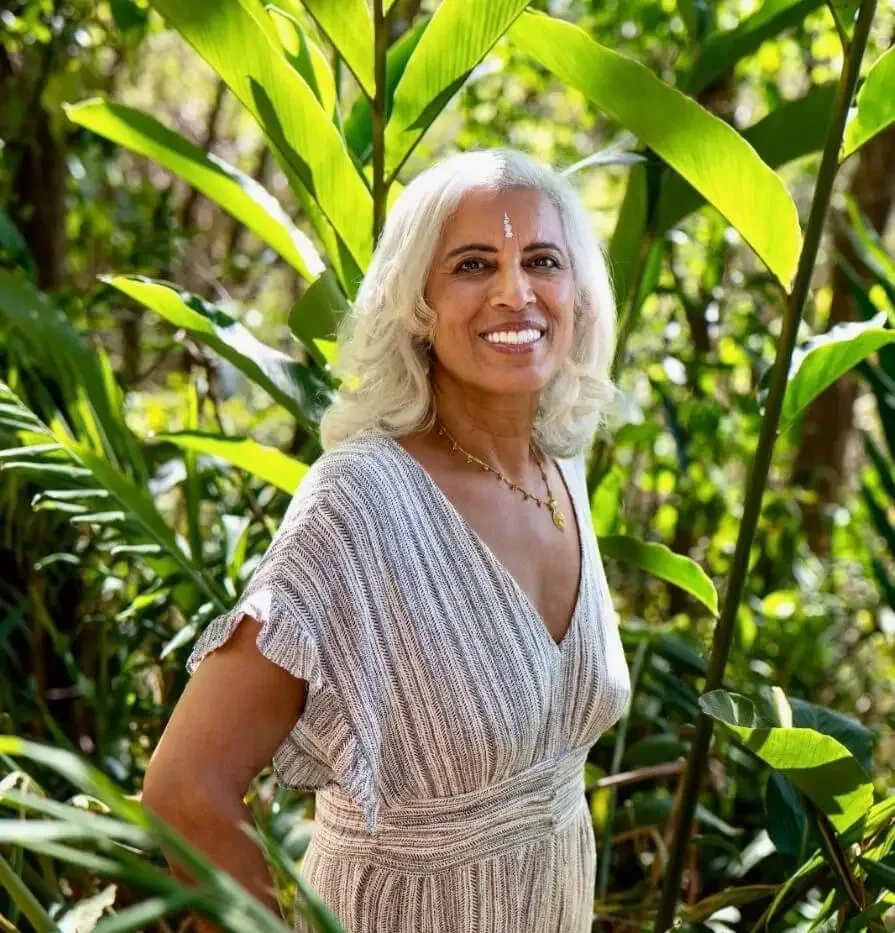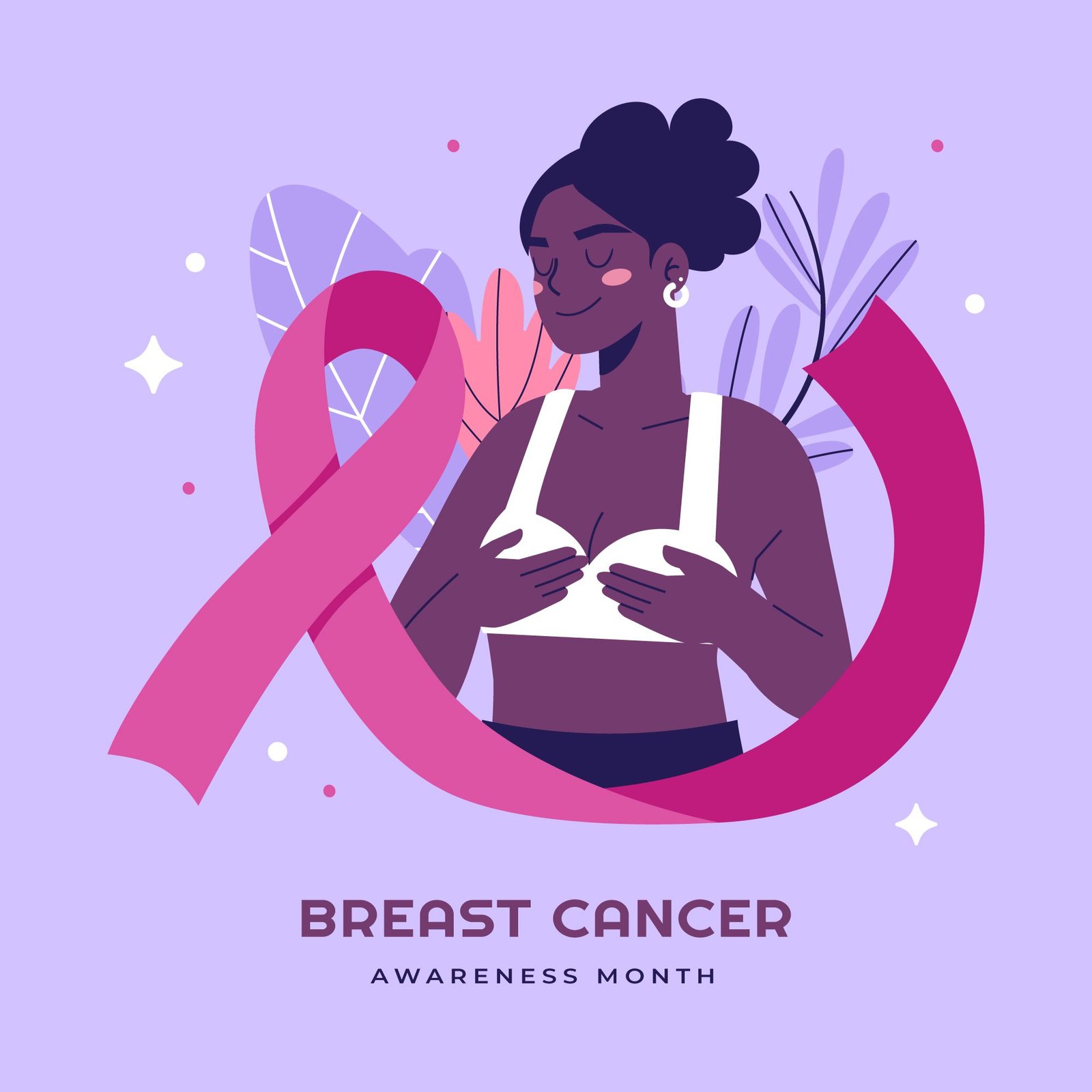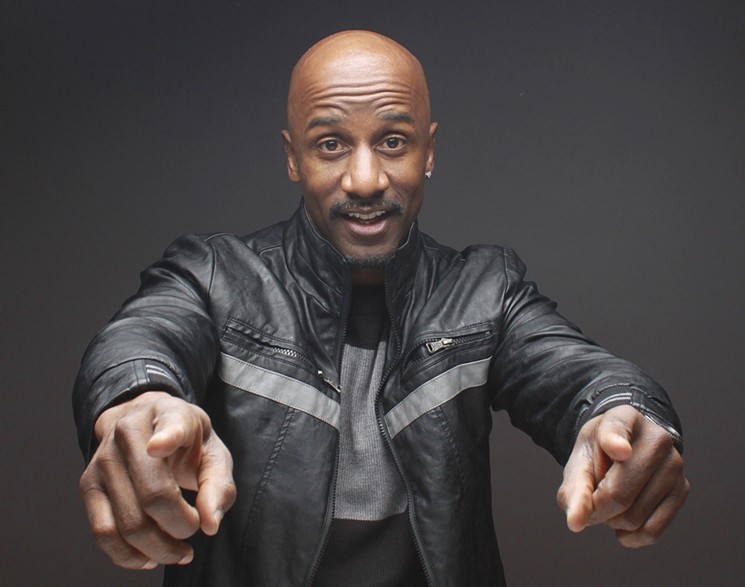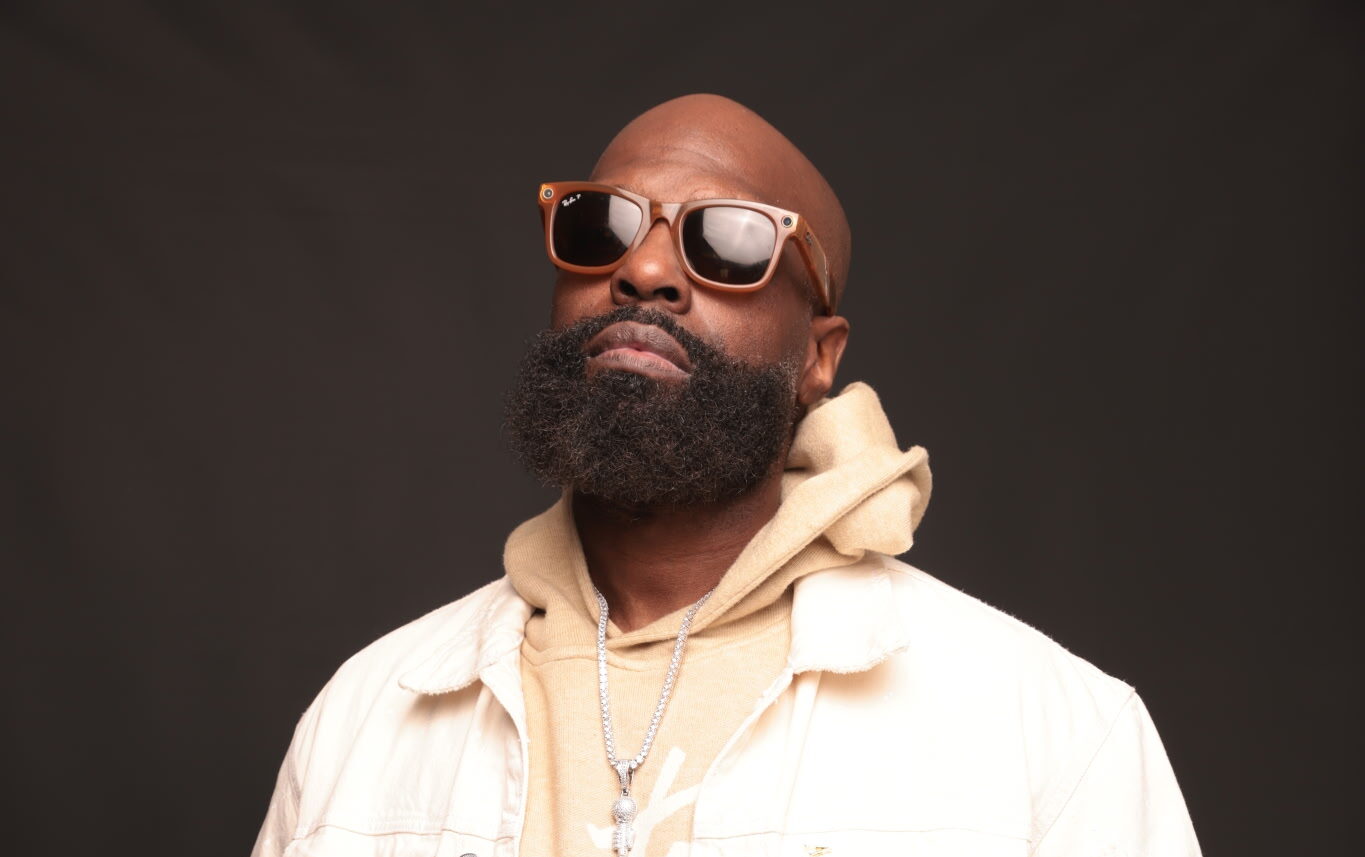Missing Voices in Therapy: The Crisis of Black Representation in Mental Health Care
Mental health care in the United States is undergoing a reckoning—but one question still looms large:Where are all the Black mental health professionals? While public awareness of mental health issues
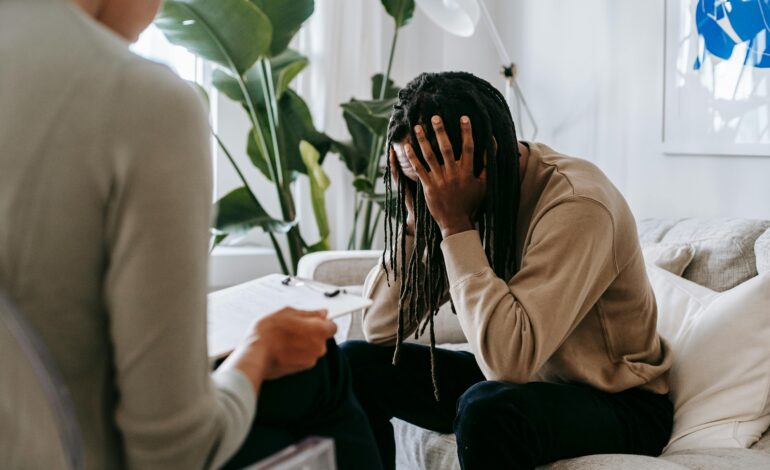
Mental health care in the United States is undergoing a reckoning—but one question still looms large:
Where are all the Black mental health professionals?
While public awareness of mental health issues has grown over the past decade, access to culturally competent care remains painfully unequal, particularly for Black Americans. Whether it’s therapy, psychiatric care, or counseling in schools and communities, Black providers are critically underrepresented, and the consequences are far-reaching.
Let’s dive into why this gap exists, what it means for Black mental health outcomes, and what needs to happen to close it.
By the Numbers: The Representation Gap
The disparity is stark. According to the American Psychological Association (APA) and the U.S. Bureau of Labor Statistics (2023):
- Only 4% of psychologists in the U.S. identify as Black or African American.
- Just 2% of psychiatrists are Black, according to the American Psychiatric Association.
- Only 5.3% of mental health counselors identify as Black or African American.
- Meanwhile, Black Americans make up over 13% of the U.S. population.
This underrepresentation spans every corner of mental health care—counseling, therapy, psychiatry, school psychology, and even social work.
In contrast, 86% of psychologists and 85% of mental health counselors are white, creating a racial mismatch that affects trust, treatment quality, and patient retention.
Why Representation Matters in Mental Health
Mental health is not culturally neutral. It’s shaped by values, language, historical trauma, family dynamics, and systemic context. For Black Americans, mental health experiences are often intertwined with:
- Racism and discrimination
- Police violence and community trauma
- Medical mistrust stemming from historical abuses
- Stigma within Black communities around mental health help-seeking
When mental health professionals don’t share or understand those lived experiences, it can lead to:
- Misdiagnosis (e.g., Black children being more likely to be diagnosed with conduct disorders rather than anxiety or ADHD)
- Poor communication between provider and patient
- Increased dropout rates from therapy
- Overuse of medication versus therapeutic support
A 2020 study published in Psychiatric Services found that Black patients were more likely to trust and continue care with providers who shared their racial background. Another study from JAMA Psychiatry revealed that Black patients who saw Black therapists experienced more effective communication and higher satisfaction.
Why Are There So Few Black Mental Health Providers?
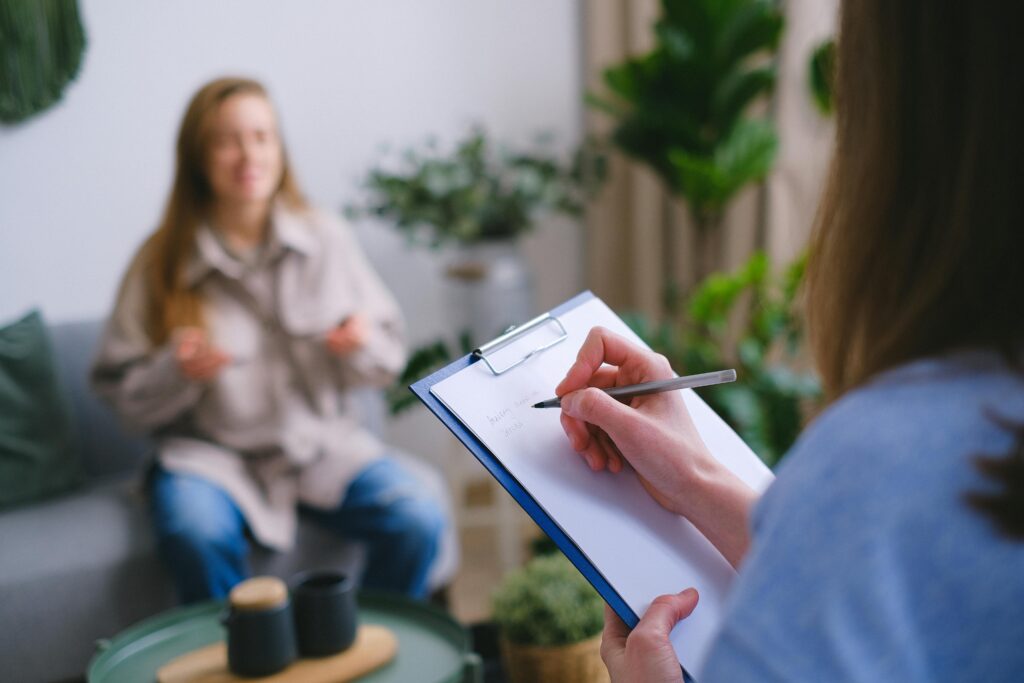
The shortage is rooted in generational, economic, and systemic barriers:
1. The Pipeline Problem
Graduate training in psychology and psychiatry requires years of education, licensing, and unpaid or low-paid internships. Many Black students face economic hurdles, including lack of access to:
- Mentorship in the field
- Scholarships and fellowships
- Graduate programs with diversity initiatives
- Culturally affirming academic environments
2. Lack of Recruitment and Support
Many mental health training programs lack robust diversity recruitment or culturally competent curricula. Black students who enter these programs often report:
- Feelings of isolation
- Experiences of racial bias in clinical training
- Faculty who don’t reflect their identity or interests
3. Licensure and Certification Barriers
After graduation, Black clinicians face disproportionate barriers to licensing, including high costs, test biases, and difficulty securing supervised clinical hours from diverse mentors.
The Impact: Who Gets Left Behind?
The effects of this shortage are not abstract. They show up in:
- Longer wait times for Black patients to find racially concordant therapists
- Higher rates of untreated mental illness in Black communities
- Lower engagement with therapy and counseling services
- Higher criminalization of mental health crises, particularly among Black men and adolescents
According to the National Alliance on Mental Illness (NAMI):
- Only one in three Black adults who need mental health care receive it.
- Black adolescents are more likely to attempt suicide than their white peers, but less likely to receive mental health support before or after the attempt.
What Needs to Change
1. Expand the Pipeline
- Increase funding for Black-focused mental health scholarships and fellowships
- Support HBCUs (Historically Black Colleges and Universities) in launching or expanding clinical psychology and social work programs
- Create early exposure programs at the high school level for psychology and behavioral science careers
2. Reform Education & Training
- Mandate culturally responsive curricula in clinical programs
- Incentivize diverse hiring in faculty and supervisors
- Build mentorship networks to guide Black students through licensure
3. Invest in Community-Based Solutions
- Support Black-led mental health organizations and clinics
- Offer low-cost certification programs for paraprofessionals from underserved areas
- Fund teletherapy platforms that focus on matching Black patients with Black providers
4. Normalize Mental Health in the Black Community
- Amplify Black mental health advocates and therapists
- Partner with churches, barbershops, and schools to destigmatize therapy
- Increase access to culturally competent public health campaigns
The wrap up
The shortage of Black mental health professionals is not a niche concern—it’s a health equity emergency. In a country reckoning with racial injustice and mental health at once, representation is not optional—it’s life-saving.
The path forward will require investment, policy change, education reform, and cultural shift. But the outcome—a mental health system that serves everyone with dignity and understanding—is worth every step.
Because no one should have to choose between being understood and being healed.
By Ravoke News Desk for Ravoke.com


